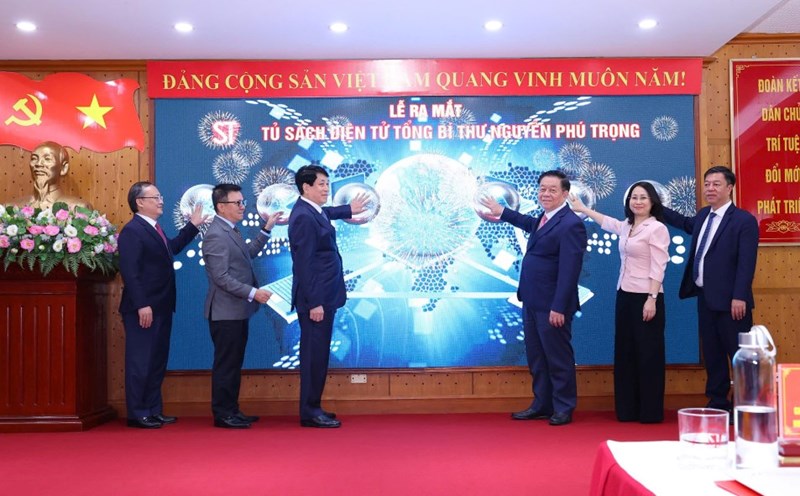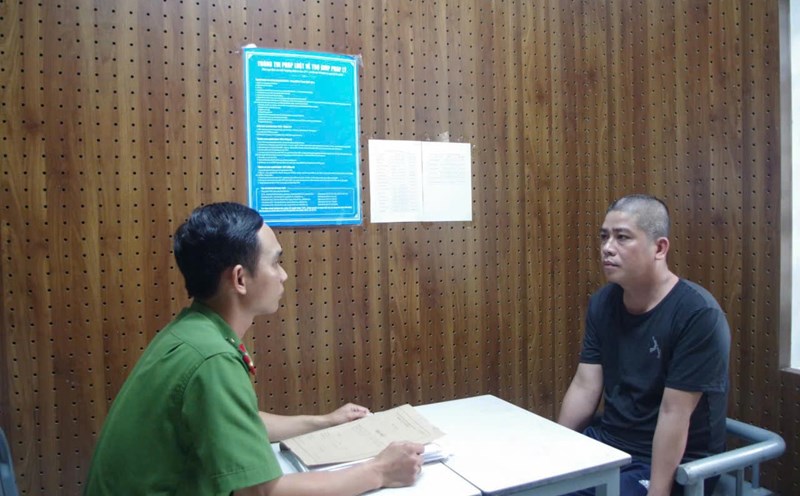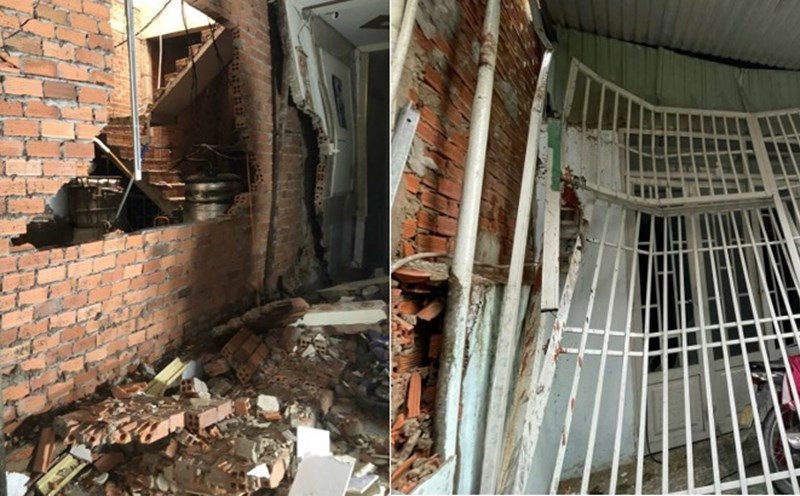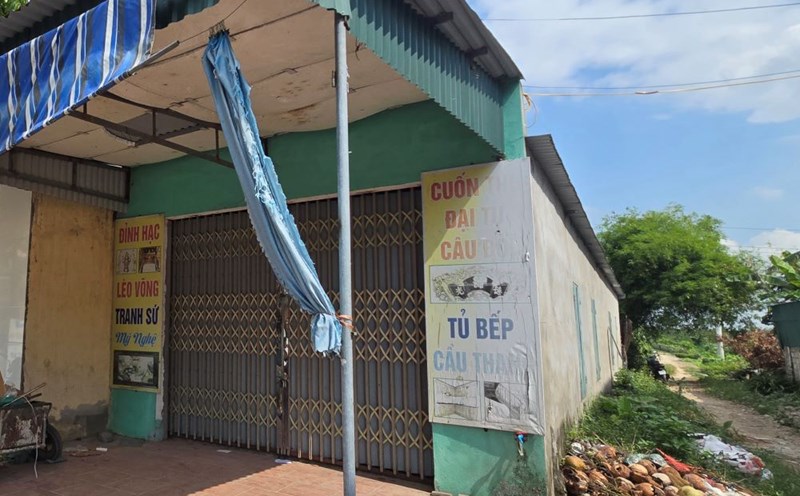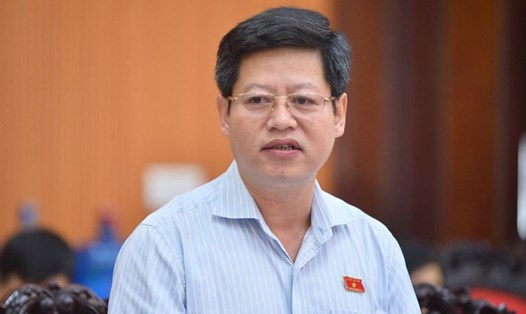On August 29, chaired by National Assembly Chairman Tran Thanh Man, a conference of specialized National Assembly deputies discussed the draft Law on Electricity (amended) .
At the discussion session, Deputy Minister of Industry and Trade Truong Thanh Hoai said that Article 5 of the draft law clearly stipulates what state monopoly includes, mainly the monopoly on electricity system regulation.
As for investment, the State only has monopoly on multi-purpose projects and important works, ensuring stable operation of the system.
High-voltage transmission grids, in principle, are only monopolized for high-voltage and ultra-high-voltage grids (over 220kV), while interconnecting lines will be socialized.
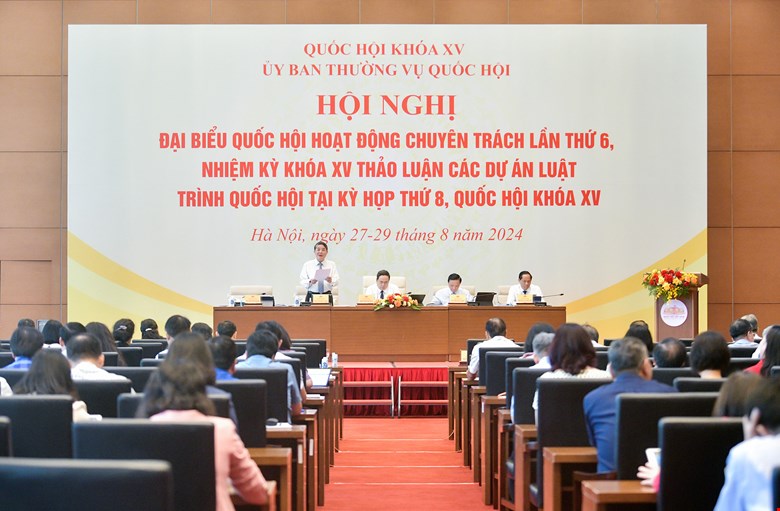
Deputy Minister Truong Thanh Hoai added that in 2022, the 15th National Assembly passed an amendment to Article 4 of the Electricity Law, on socialization in transmission investment. In energy development, the current demand for energy is very high and a transparent market will be designed.
To ensure the energy security goal according to Resolution No. 55-NQ/TW of the Politburo, some key sectors will have to be State monopolies, while other sectors will be socialized.
“In fact, EVN’s power source only accounts for 38% of the total capacity of the national power system. Competitive electricity markets are gradually being formed to ensure openness and transparency,” said Mr. Truong Thanh Hoai.
Also according to the Deputy Minister of Industry and Trade, the Prime Minister recently separated the National Power System Control Center from EVN to the Ministry of Industry and Trade. Therefore, EVN and the corporations participate in the electricity market as a normal entity.
Deputy Minister Truong Thanh Hoai emphasized the need to minimize monopoly while still ensuring energy safety and security according to the orientation.
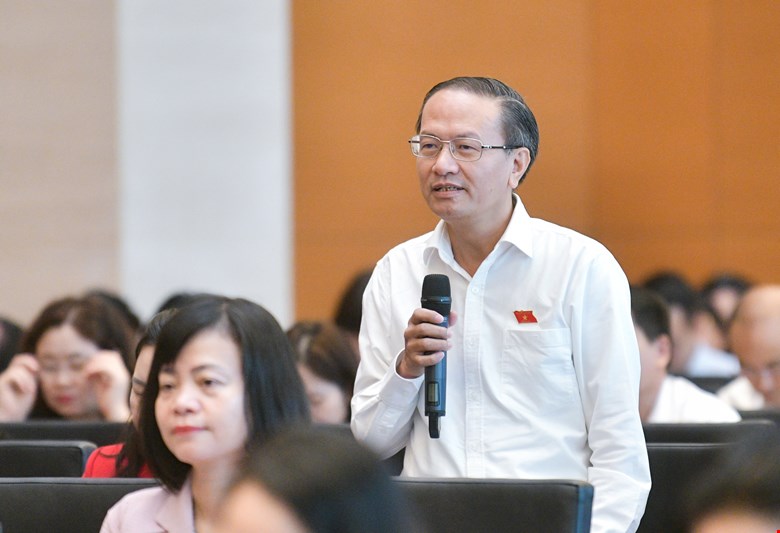
Previously, giving his opinion at the conference, delegate Dinh Ngoc Minh, a full-time member of the Economic Committee, asked: "Will this law amendment be able to prevent the current monopoly?"
Mr. Dinh Ngoc Minh cited the example of the telecommunications sector, which "has done very well" on this issue. The proof is that a few decades ago, making a phone call cost several thousand dong, and a month's salary was used up for making phone calls; but now it is very comfortable and very good.
From there, the delegates asked whether this revised draft law can solve the problem, how much monopoly will the State have, and how will it be transferred to other economic sectors? When will the monopoly end, people will have less rules, participate more in the market and everything must be transparent.
Article 5 of the draft law stipulates that the State will have a monopoly in four activities in the electricity sector.
One is to regulate the national power system.
Second, invest in the construction of nuclear power plant projects, multi-purpose strategic hydropower plant projects, emergency power source projects, emergency power grids, important transmission grids from 220kV voltage level and above and operate these projects after completing the construction investment project.
Third, the Prime Minister decides on the list of multi-purpose strategic hydropower projects, emergency power source projects, emergency power grids, and important transmission grids from 220kV voltage level and above, and assigns state-owned enterprises or member enterprises with 100% charter capital owned by state-owned enterprises to invest in the construction of these projects.
Fourth, operating the transmission grid, except for the transmission grid invested in and built by non-state economic sectors.





